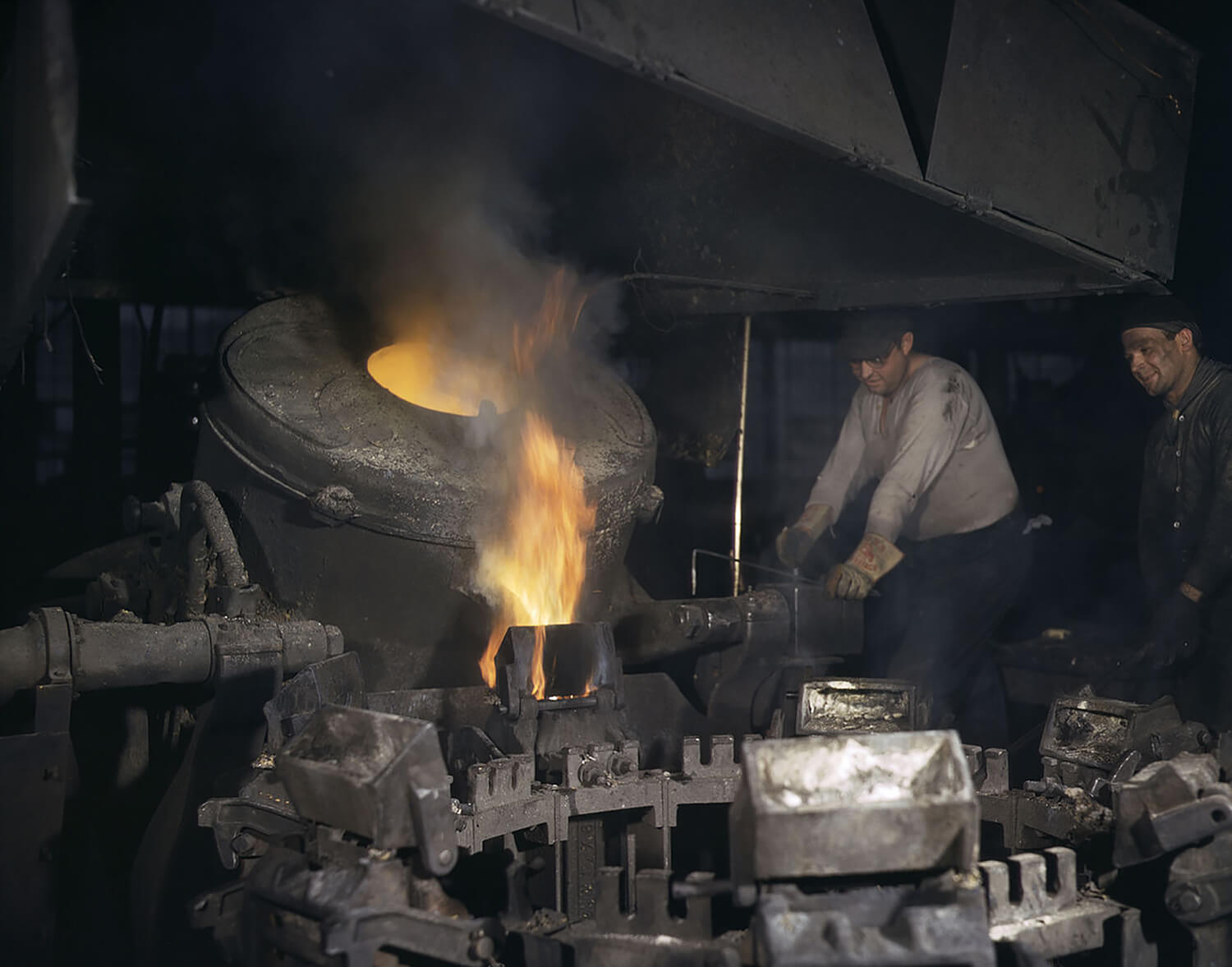There is a paradox of regulation clearly not known in the Trump White House. It is this: Regulation can stimulate creativity and move forward innovation.
This has been especially true of energy. Ergo, President Donald Trump’s latest move to lessen the effect of regulation on energy companies may have a converse and debilitating impact.
Consider these three examples:
When Congress required tankers to have double hulls, after the Exxon Valdez oil spill in Alaska’s Prince William Sound in 1989, the oil companies and their lobbyists wailed that it would push up the price of gas at the pump.
Happily, the government held tough and soon oil spills in from tanker punctures were almost eliminated.
The cost? Fractions of a penny per gallon, so small they cannot be easily found.
Victory to regulation, the environment and common sense. In due course, the oil companies took out advertisements to boast of their environmental sensitivity by double-hulling their tankers.
When the Environmental Protection Agency mandated a 75-percent reduction in hydrocarbon and nitrogen oxide emissions from two-stroke marine engines in 1996, with a 10-year compliance period, the boat manufacturers issued dire predictions of a slump in recreational boating and a huge loss of associated jobs.
In fact, two things happened: Two-stroke marine engines were saved with electronic fuel-injection, and four-stroke marine engines started to take over the market — the same four-stroke engines the manufacturers had said would be prohibitively expensive and too heavy for small boats.
Today, most new small boats have four-stroke engines. They are quieter, more fuel efficient, less polluting and have added to the joy of boating. The weight and economic penalty, predicted by the anti-regulation boat manufacturers, turned out to be of no account. The problems were engineered out. That is what engineers do when they are unleashed: They design to meet the standards.
Similarly fleet-average standards, so hated by the automobile industry, have led to better cars, greater efficiencies, a reduction in air pollution and oil imports. They also pushed the industry to look beyond the internal combustion engine to such developments hybrids and all-electric vehicles and new concepts, like hydrogen and compressed natural gas vehicles.
A high bar produces higher jumpers. Water restrictions have produced more efficient toilets, electric appliance ratings have reduced the consumption of electricity. Regulation is sometimes incentive by another name.
Well-thought-out regulation is constructive, mindless regulation deleterious — as when the purpose is political rather than practical. Restrictions on stem cell research and the unnecessary amount of ethanol added to gasoline come to mind.
In his energy executive order, repealing many of the Obama administration’s clean energy regulations, Trump has done no one any favors: Less challenge, less innovation, less protection of the environment, and less global leadership is a cruel gift.
Take coal mining. Trump wants to save coal mining jobs, but his executive order will cause coal production to increase, further glutting the market. There are ways of burning coal more cleanly and if the president wants to help the coal industry, he should be supporting these. He also might want to look at the disposition of coal ash and its possible uses, not bankrupt what is left of the coal industry by false generosity.
Trump’s energy executive order might have had virtue 40-plus years ago. Back in the bleak days of the 1973 Arab oil embargo, and the future shock it induced, coal was our only plentiful energy source. I was one of the authors of a study, prepared for President Richard Nixon, that highlighted coal. Hence a passion that lasted through the Carter administration to gasify coal, liquefy it and back out oil with it whenever possible.
However the national genius produced a flood of innovation, leading today’s abundance of oil and gas.




